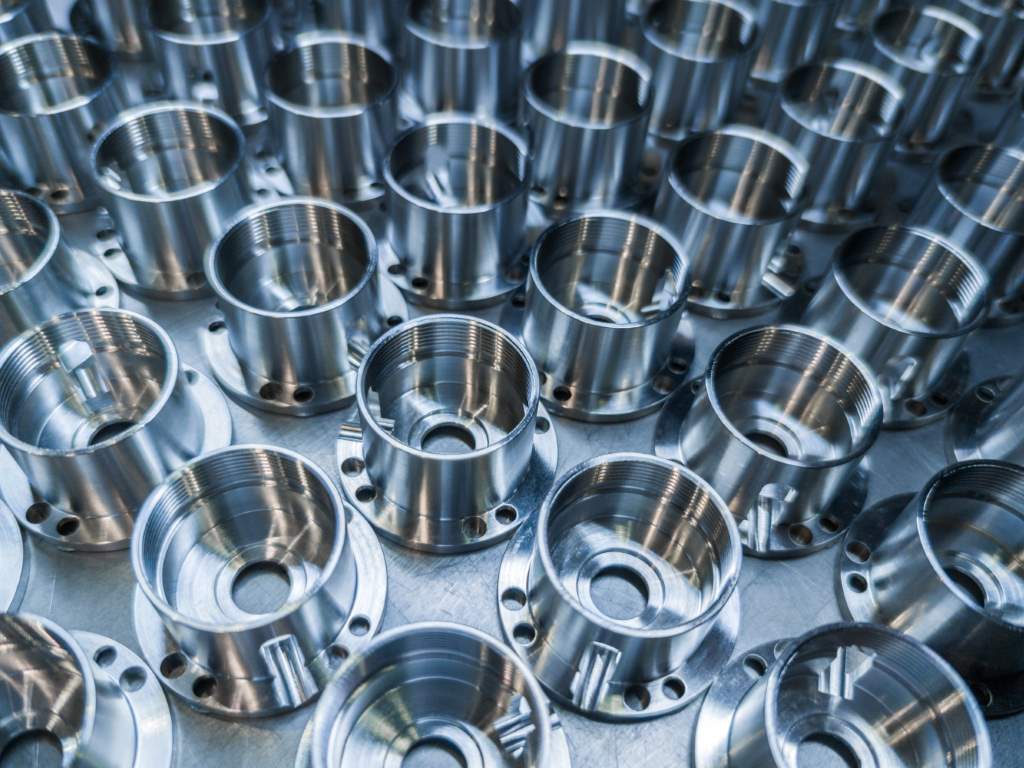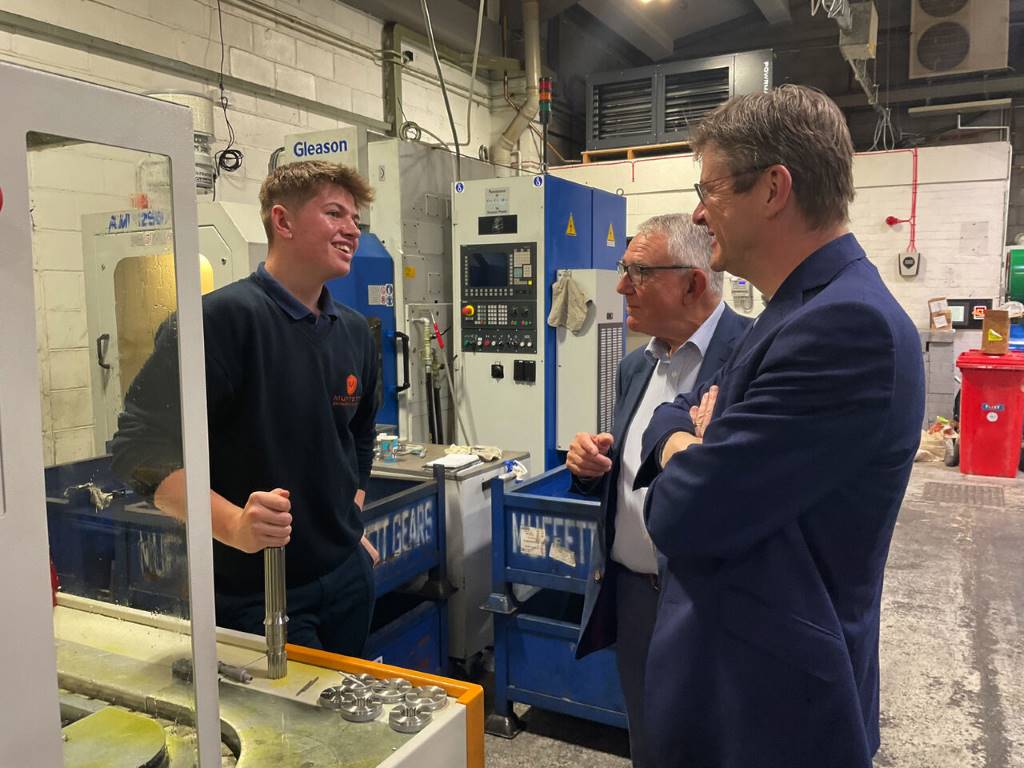Technology matching
The use of titanium is becoming more popular in industries such as aerospace, marine, and medical manufacturing.
It has higher strength but lower weight than steels and aluminium and twice the elasticity of steel making it eminently suitable for applications such as aircraft landing gear and wing structures as well as hip and knee joint mechanisms.
However, because of these inherent properties, titanium is notoriously difficult to machine and, if there is one key challenge in the machining of titanium, it is achieving fast metal removal rates (MRR) with reasonable tool life.
Fortunately, recent advances in machine tool and tooling technology have made the goal of high MRR with longer tool life possible. As a result, manufacturers are now able to produce high quality titanium components with shorter cycle times, increased tool life, and higher productivity, by utilising high flow, high pressure through spindle coolant delivery systems to aid productivity. Nevertheless maximum efficiency can only be achieved if the coolant technology is matched to meet the operating criteria of titanium machining.
Richard Rogers, industrial product manager at Fuchs Lubricants UK, comments: “New coolant delivery systems for the high speed machining of titanium creates new and complex demands on the metalworking fluid in terms of lubricity, cooling, tool protection and dissipation of fine chip particles. The new Fuchs Ecocool S 761 range has been designed specifically to meet these demands. Our products show tangible commercial benefits for manufacturers in the aerospace and medical manufacturing industries.”
He continues: “The Ecocool S 761 B is now approved by Boeing against their specification BAC 5008 and is the first to meet the new stringent criteria. Its value can be seen from tests that we have already conducted in the USA and UK, especially in tool life on fast metal removal rate operations. At one aerospace customer, monthly tool breakages were down from 259 with conventional technology, to 83 with the new Ecocool product. This equated to a monthly tooling cost saving of over £15,000. The savings were attributed to a superior lubricity and foam control over the incumbent cutting fluid.”
Mr Rogers also underlined the robust nature of the new technology which is of great concern to manufacturers and also the flexibility that it provides:
“Before using Ecocool S 761 B, the client was making regular additions of tank side additives to maintain pH and keep the emulsion tight,” he explains. “The robust chemistry used in the Ecocool S 761 range virtually eliminates the need for these labour intensive maintenance practices. Whilst regular refractometer checks are still required to maintain concentration during daily topping up of coolant, the result is that less time is needed to monitor pH and sample for lab analysis. “Since switching to the new product, the customer has been free from the fear that pH boosters and biocides could cause staining. Sensitive grades of aerospace aluminium (such as 6061, 7075) can be easily affected by high pH and alkalinity. By eliminating tank side additives, the risk from incorrect doses has prevented random occurrences of staining and improved productivity.”
Within the aerospace industry, titanium is now a much more prevalent raw material and its effective machining could be the difference between success and failure for many subcontractors. The new ‘super liners' from Boeing and Airbus use 20% more titanium than previous models, especially in areas such as landing gear equipment, wing spars and engine pylons.
Currently, the medical manufacturing industry, which is the third largest market for the European machine tool industry is showing the strongest demand for new machine tools. Within this sector companies involved in the manufacture of hip and knee joints are another major user of titanium for modern technologies.
Again, high productivity rates achieved by fast removal rate machining are the key for successful operations and like aerospace, the coolant plays a critical role in this function.
Mr Rogers adds: “The principles associated in achieving effective titanium machining apply in both the medical sector and the aerospace industry. We have refined our product offer with the Ecocool S 761 which is designed specifically for the medical industry. We have found the same excellent results in terms of tool life, fluid longevity and component finish quality as with the Ecocool S 761 B, and the product is used as a rationalisation by many companies because of its ability to work with aluminium (6000 and 7000 series), cobalt chrome and stainless steel.
Fuchs Lubricants
www.fuchslubricants.com













